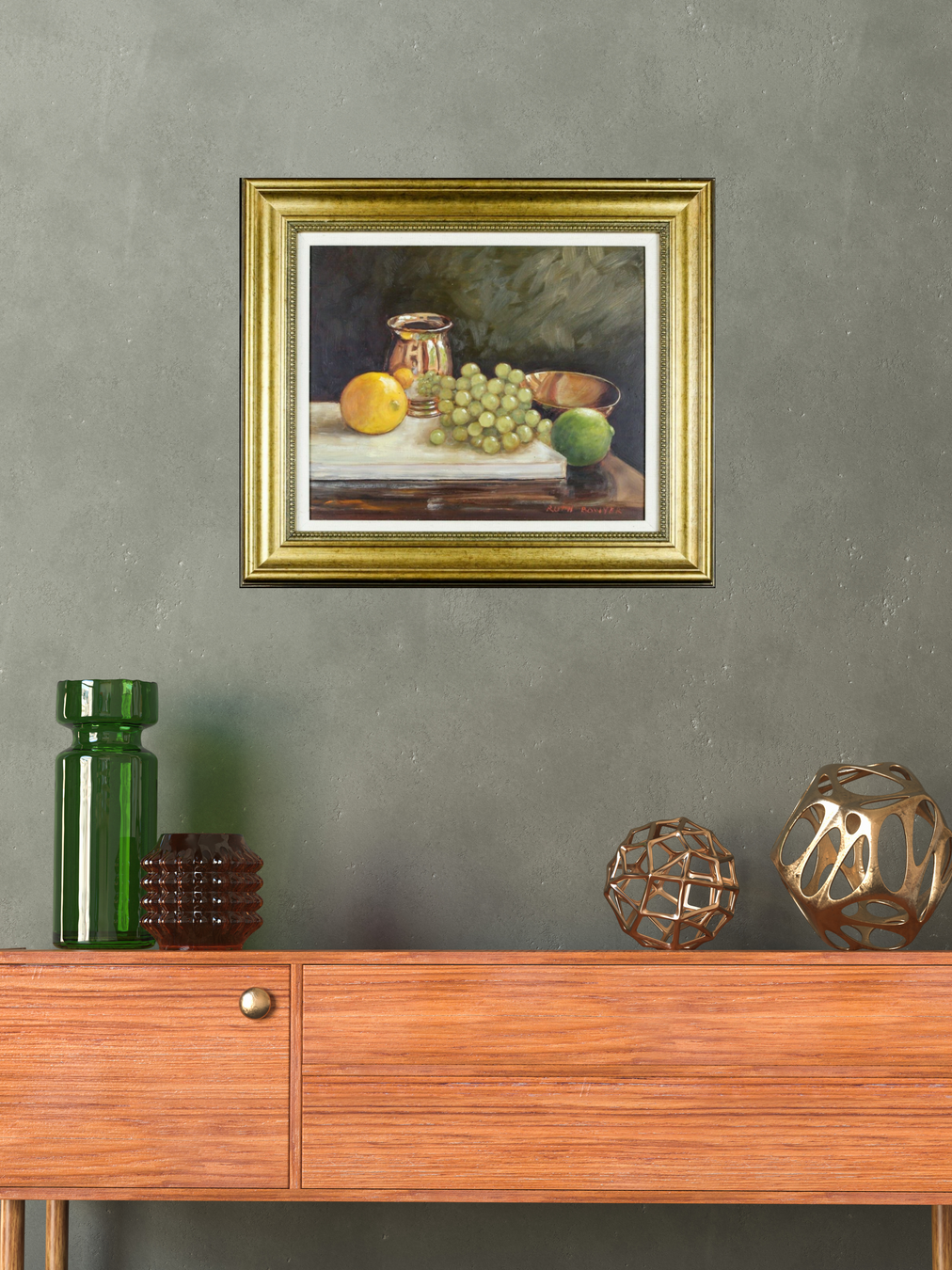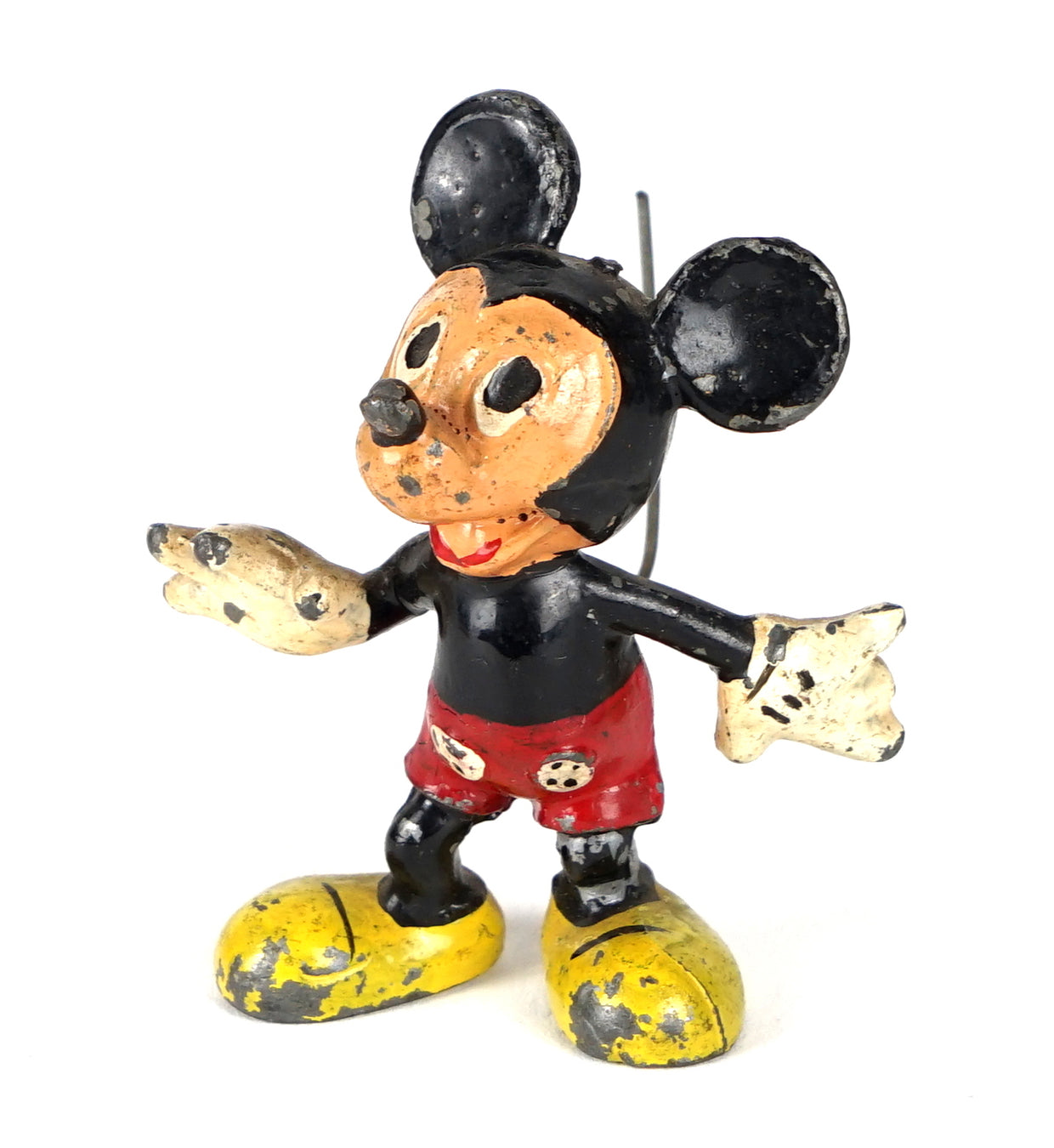Sell Your Collectables

How much is your antique worth? How to find out
Whether you are a collector of antiques or have some items from the past that carry special memories, it is always a good idea to understand their value. Not only is this information useful if you are considering selling antiques, but also necessary for determining the right level of insurance coverage and probate purposes.
You can do a few things to help you determine their value, and we have elaborated on these below.;
Research your item
Researching your antique can be incredibly rewarding because you are discovering more about the item's history and origin, which is interesting and also helps you understand its value. When you begin your research, look for any markings or labels on the piece that may provide clues. Check for maker's marks, hallmarks and trademarks that can be used to identify the manufacturer or country of origin. Searching out its history and provenance can take some time. But if you're committed to learning more about your item, it can be crucial to find out its value.
Get it appraised
Getting an antique appraised is an excellent option, and this is something that can easily be done online. An experienced appraiser, such as Phil Mires at PM Antiques and Collectables, can assess the condition and age of the piece, as well as any unique characteristics that could affect its worth. Phil explained that it is important to ask about provenance, such as where and when the item was purchased. He also needs to ascertain, particularly in the case of ceramics/glass and artworks, if there are any signs of damage or restoration. All of this information helps him to create a good understanding before moving forward with the appraisal. This process enables you to discover the monetary value. It gives you the information you need to decide whether to buy, sell, or keep them. Getting a professional opinion on the value of your antiques gives you peace of mind and confidence when making decisions about them. Appraising antiques also helps you learn more about their origins, which can be a great source of pride and joy.
Check online
One of the great things about researching online is that there are multiple resources to help you find out the value of your antique. Antique forums will be filled with knowledgeable collectors and experts who you can ask for advice. You can also look at other listed antiques for sale like yours and see what people are prepared to pay for them. While these estimates will be more of a guide than an official appraisal, they give you a good idea of what to expect from the marketplace. Remembering that antiques are highly subjective and often valued based on condition and rarity is important. With that in mind, doing a range of research rather than relying on one source is a good idea. With some patience, you should find accurate values for your items.
Look at pricing guides
If you are running a business or have a hobby of buying and selling antiques, then investing in a reference library of pricing guides for antiques can be a good idea. These comprehensive materials list the market value and descriptions for thousands of antiques. This effort also benefits those who have antiques they are interested in refurbishing to sell. They not only give you a price guide but can guide you as to whether the item should be left as is, would benefit from restoration, or should have additional parts or pieces. You must remember, though, that the authors will set the selling price higher than what readers can expect to sell them for within the market. This is because they've attended numerous auctions or other venues and found the pricing erratic.
If you want to learn more about selling antiques, how much yours could be worth, or find antiques for sale, contact Phil Mires at 01932 640113 or email Phil at: phil@pm-antiques.co.uk Or you can take a look in our shop.




